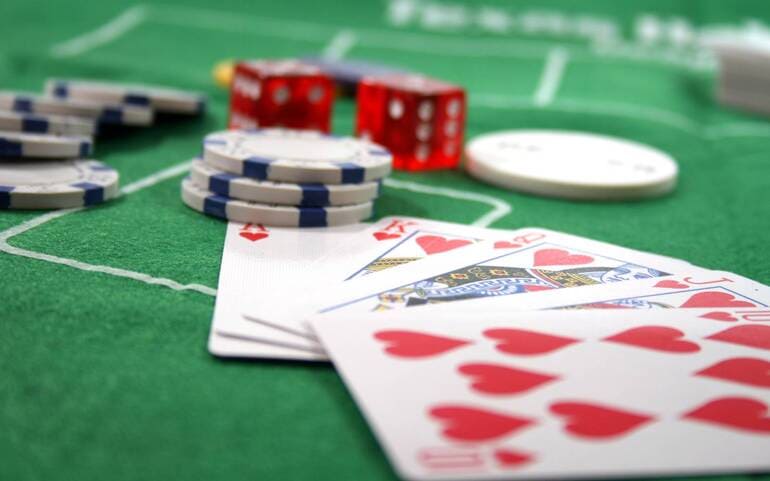Folding in poker is an important decision that can make or break your game. Knowing when to fold can save you a lot of money and make the game more enjoyable for you. It is best to fold in the early stages when you know that your hand is not strong enough to continue. However, sometimes you may need to bluff and raise in order to win the pot. It is important to balance the need to win against the risk of losing more money and the chances that you will succeed in making a good hand.
There are many factors to consider when determining whether or not to fold, including the type of poker variant you play, your opponent’s preflop strategy, the strength of your hand and the board texture. In addition, it is essential to understand how fold equity and implied odds work. Using these tools will help you to make the right decisions in your poker game.
A good poker player knows how to set up easy decisions for themselves while creating difficult spots for their opponents. This starts in the preflop phase of a hand and continues through all the way to the turn. It is vital that you learn to read your opponent and determine what kind of player they are. For example, if they are a tight player you can assume that they will raise with the nuts when you raise your own.
You can also use the information about your opponent’s tendencies to decide when to raise or fold. If you have a high amount of preflop VPIP and you are playing against a tight player, you should often raise your hands. This will cause your opponent to fold and you can avoid losing a large amount of chips.
One of the most common mistakes that players make is to ignore the flop when deciding whether or not to fold. It is important to remember that there are seven outs that can improve your hand on the flop, and ignoring these odds can cost you a large amount of money. You should always try to maximize your outs when you are deciding whether or not to fold on the flop.
Another mistake that poker players often make is to fold too frequently. This can be a problem because it will make you lose money, and it will also demoralize your opponents. If you are constantly folding, they will begin to realize that you are a weak player and will try to force you out of the pot.
There is no exact number of times that you should fold per session, as it will depend on the poker variant you are playing, your opponents’ preflop behavior and their range estimations. However, it is important to note that if you are folding too often, then this is a major problem and should be addressed immediately. Generally, if you are folding more than the BE of your opponent’s bet size, you are folding too often.

